Your Strategic Partner for
Unlocking China's Sourcing Potential
What Is Global Sourcing? Insights, Strategies, and Benefits for Modern Business
Looking for a product to sell that your buyers would love takes a lot of time and work. You have to consider a lot of factors. You cannot sell a product at a high price if you target a mass market. But you cannot sell it low, or you will not make a profit.
Our topic for today will teach you how to look or source for things to sell. We will teach you what global sourcing is all about. Should you buy it from your country? Or should you buy from another? Is it more practical to buy it abroad?
We know how hard it is to compete in the online selling world. But if you learn this practice, you can find your edge and more growth opportunities. Keep reading!
1. Global Sourcing Basic
1) What is Global Sourcing?
Global sourcing is a way of sourcing goods from different countries so you can buy them at a low price. It involves searching for suppliers that can work with your terms. It will help you find great products with the best price.
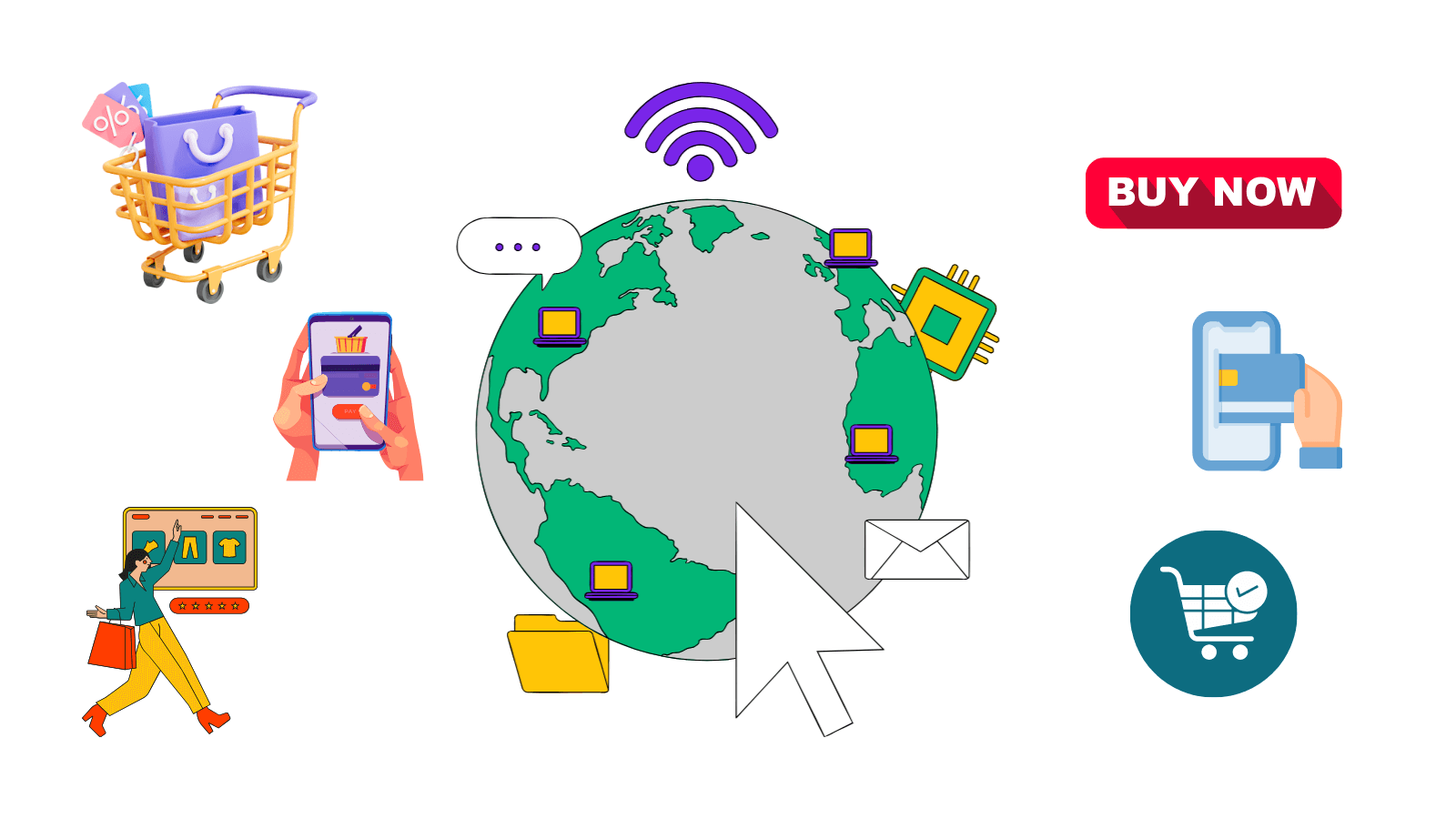
What is global procurement? Global sourcing procurement refers to the process of sourcing or acquiring goods or services from suppliers located in different countries to meet the needs of a business.
It involves identifying and selecting suppliers based on various factors such as quality, price, delivery time, and reliability.
Global sourcing has been around for decades. It was only in the 70s and 80s that it became broad. During this time, companies look for ways to save on costs. They discovered they could purchase from suppliers abroad and get them at low prices.
In the 1990s, global sourcing became more known. Due to the rise of the internet, it has become even more accessible.. Buyers can now reach and talk to suppliers all over the world.
Today, global sourcing is so important. They can save on costs, taxes, and more by sourcing goods from different countries. They can buy raw materials and all kinds of products.
2) Why is Global Sourcing Important and Useful?
There are many reasons why global sourcing is so important and helpful. If you are sourcing for a product unavailable in your country, you can look for it somewhere, right? Or if you find it cheaper in another place, you should choose that!
Let’s discuss some importance of sourcing globally:
-
Lower costs
You can buy more items or products cheaply in countries where labor or raw materials are cheap. Lower costs can mean savings for your business. By sourcing products in other countries, you can cut costs and expenses. You can earn a good profit when you re-sell them.
A small company or startup can benefit from global sourcing in many ways. It helps them to find unique products. They can compare prices with several suppliers that can meet their needs. It helps them build their business.
China is one hotspot for sourcing any goods. Labor and taxes in China are low, so you can buy items or goods cheaply. You can purchase them in bulk or at wholesale prices. If you buy in higher quantities, the price is lower.
-
Access to the latest, trendy, and innovative products
Global sourcing not only helps find products at a low cost but also helps get access to the latest, trendy products. You can buy from thousands of suppliers with a comprehensive product range.

You must try the global sourcing strategy to get ahead of your competitors. And then, You can broaden your product range and update your business with the latest products. You can attract more customers to your business.
-
Best quality of product materials
Every seller or supplier has a product specialty. If they target global buyers, they ensure that the products they sell are made of the best materials. Suppliers know the needs of their clients, so their business will grow, too.
Sourcing globally can help you find suppliers who specialize in making high-quality products. It will benefit you since your customers will love what you sell and keep returning or referring you. They will market your product through word-of-mouth.
2. Who Benefits From Global Sourcing?
In global sourcing, every small or big business can benefit from it. It is a win-win strategy for the seller and buyer. It impacts the way you do business in a positive way because you get a variety of options, and it brings growth.
One crucial part of this global strategic sourcing is the institution that brings connection to businesses. They are the global sourcing companies. If a company cannot reach out to their possible suppliers due to many factors, they need the help of experts who can do the work for them.
The role of a global sourcing company is to help businesses find and access suppliers and manufacturers from around the world. They are called the “global sourcer” because they are companies that specialize in looking for suitable suppliers. They connect the supplier and buyers and help them create a successful and seamless deal.
A global sourcing company plays a significant role in helping businesses source products and services from overseas suppliers. They become intermediaries between the buyer and the supplier. They ensure that the buyer gets the best possible prices and quality products.
By working with a global sourcing company, buyers can connect to a global network of suppliers. It helps gain a competitive advantage in the marketplace.
What factors affect Global Sourcing?
While the definition of global sourcing may seem easy, there are several factors that we need to understand when we get into this strategy. The goal of global sourcing for buyers is to access a wide variety of products from suppliers at an affordable price.
So, when looking for suppliers, a buyer must consider the following factors:
- Cost
You must assess the cost by checking all the expenses you incur when outsourcing. While you may be persuaded to buy because of the low price per item, you need to assess how much it will cost to deliver the items.
- Reliability
Once you pick a supplier, you must consider whether your supplier can meet your needs and deadlines. Can he commit to an agreed date of production and delivery? Do they have a partnership with a shipping company that can ease the burden of the shipping process and ship it safely and quickly?
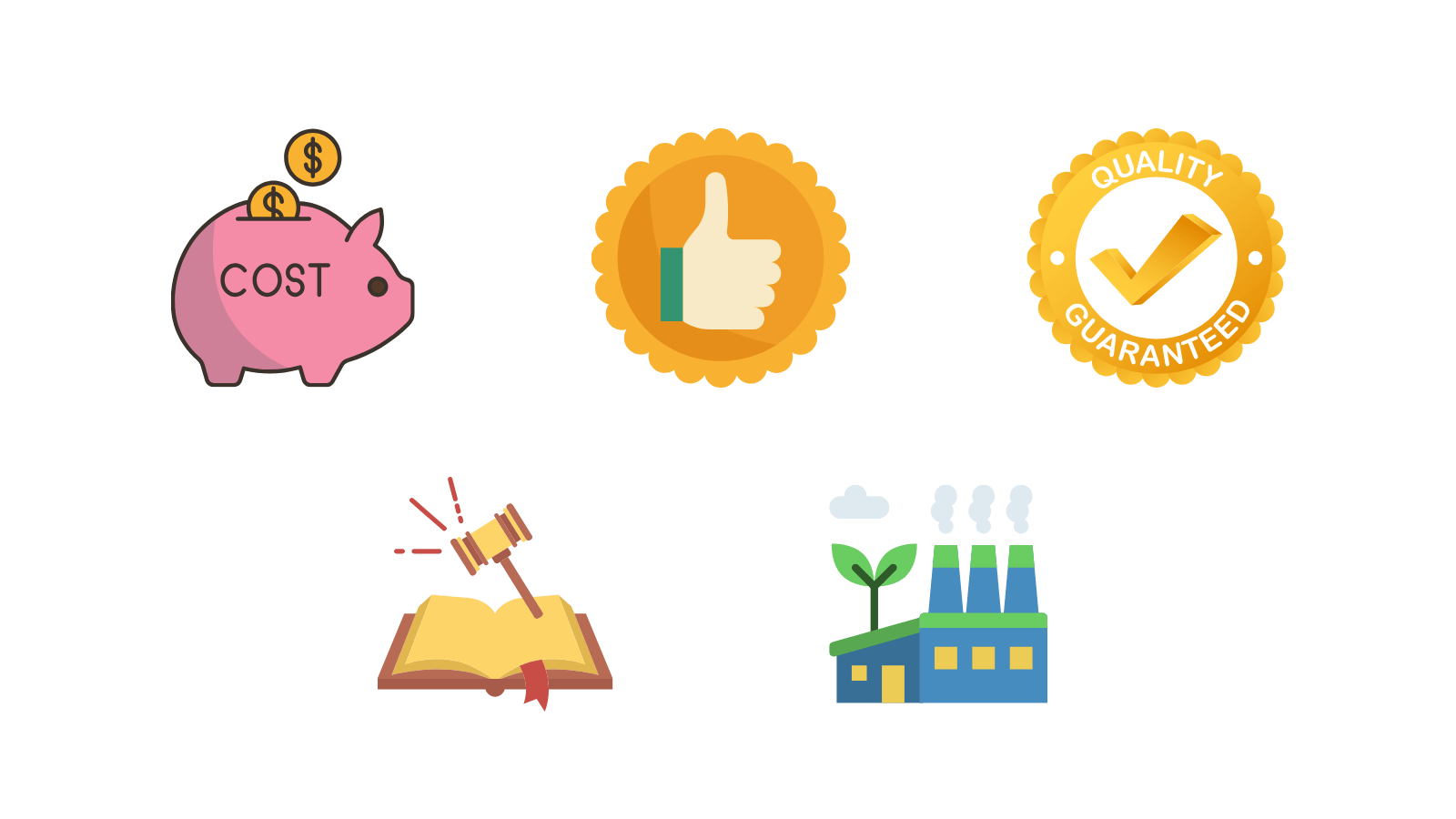
- Quality
Can your supplier provide a product with the best quality? Will it make or break your business? Product quality is essential because you want to retain customers when selling a product. Even if you buy the item for a cheap price, it must maintain the quality of it.
- Compliance
There are rules and regulations per country when you import or export. You have to check this matter when you want to buy from a global seller. They must pass international standards and possess legal documents proving they are compliant.
- Capabilities
When choosing a supplier, you should know their capacity and capabilities. Can they produce a certain quantity on short notice? Can you then replenish your stocks? Your supplier selection should include thorough testing. Researching is a must.
3. Key Services and Offerings
In global sourcing services, sourcing companies offer different services that benefit their buyers and long-time clients. We will discuss each one below.
1) RFQ posting and supplier discovery
RFQ, or Request for Quote, is a process of sending a request to suppliers to get a quote or pricing for a product or service. This is important so that clients can compare prices with different potential suppliers.
Supplier discovery is what global sourcing companies do to know and present suppliers to clients. When you partner with these companies, they can help you save time and money. You can focus on another aspect of your business while leaving the sourcing process to them.
You can find the best match and negotiate prices and other terms with your suppliers.
2) Vetting and certification of suppliers
It might be difficult to find trustworthy suppliers or may be time-consuming. So, a global sourcing company can do this task for you. They will ensure that the suppliers meet the standards you are looking for.
This will give you peace of mind when transacting. They can certify the suppliers are responsible and reliable in doing business with their clients.
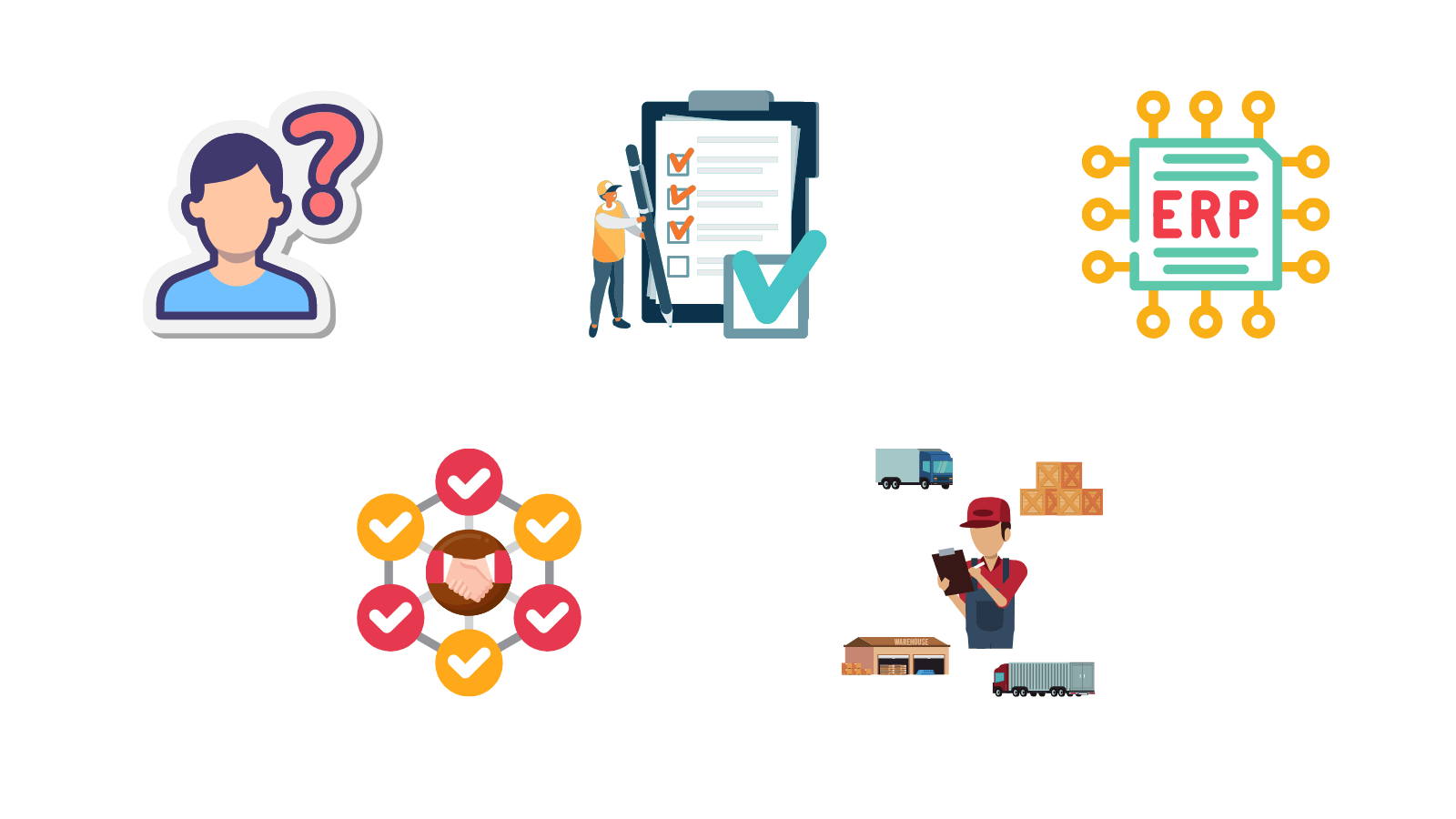
3) Tools for collaboration, project management, payments, etc.
It’s essential to have access to various tools for collaboration, project management, payments, and other related tasks when working with a global sourcing business. These tools can guarantee clear communication and smooth workflows. It will also assist in ensuring that their payments are safe and secure.
4) Ongoing supplier relationship management
Any company that depends on outside suppliers to provide goods or services needs this. It entails establishing and preserving a good rapport with suppliers. It builds effective communication, gives feedback, and fixes issues.
This helps and guarantees the business receives fair service on time and at a fair price. It enables both parties to have good and long-term partnerships.
5) Help with regulations, logistics, customs clearance, etc.
When it comes to regulations, logistics, and customs clearance, there are a lot of factors to consider. Your sourcing company adheres to the rules. They know how to manage and handle it because they know the whole process. They can handle all the tedious process and finish it with trust and confidence.
4. Supplier Network Overview
1) Overview of Industry and Geographic Spread
A Supplier Network provides a thorough overview of the available global providers. It would cover everything from the products or services they offer, their geographic locations, production capacity, pricing, and reputation in the industry.
When clients clearly understand the supplier network, they can decide which supplier to work with to optimize their supply chain.
Global sourcing is a practice that spans across various industries and geographic locations. It is used by businesses of all sizes, from small startups to large multinational corporations. The industries commonly using global sourcing include manufacturing, retail, technology, and healthcare.
Some of the most common countries to outsource are China, India, Vietnam, Thailand, and the Philippines. However, you can source from other countries where you can gain benefits such as reduced cost and wide access to products.
2) Type of Suppliers
There are various types of suppliers in global sourcing. Some of the most common ones are:
- Original Equipment Manufacturers (OEMs) – are businesses that manufacture or create goods based on the specifications provided by another company.
- Original Design Manufacturers (ODMs) design and manufacture products based on their own specifications and then sell them to other businesses.
- Contract Manufacturers (CMs) are companies that specialize in the manufacturing process, but they don’t have their own products.
- Value-Added Resellers (VARs) are businesses that add value to existing products and then sell them to customers.
3) Size of Suppliers
The size of suppliers is a crucial factor in global sourcing. It is important to consider both large and small suppliers when sourcing globally. The decision should be based on the needs of the business and the target market.
There are small suppliers like SMEs and large suppliers such as large multinationals in the global strategic sourcing.
Small suppliers can also provide unique products unavailable in the market. They may have higher prices but can provide more personalized service and unique products. Researching and comparing different suppliers is important to determine the best fit for the business.
Large suppliers have more resources and capabilities to produce goods at a lower cost. They can offer better prices and can produce goods in bulk quantities.
Multinational suppliers have a presence in multiple countries, which gives them a wider reach and understanding of different markets. Due to economies of scale, they also have the resources and capabilities to create goods at a lower cost.
4) Quick Checklist for Suppliers to Apply and Get Certified
Suppliers can apply and get certified in global sourcing by following this checklist. They can become more competitive, gain access to new markets, and enhance their reputation.
- Research and identify the certification or accreditation bodies in their industry.
- Determine the specific requirements for certification or accreditation. It includes compliance with industry standards, quality management systems, and social and environmental responsibility.
- Review operations and processes to meet the standards.
- Implement necessary changes or improvements to their operations, processes, and products to meet the certification or accreditation requirements.
- Engage with a third-party auditing for assessment.
- Maintain ongoing compliance with the certification or accreditation requirements and participate in regular audits or assessments to maintain certification or accreditation.
5. What are the Pros or Advantages of Global Sourcing?
Global sourcing gives us a clear understanding of what we can benefit from its services. We summarized them into the following:
1) Cost effectiveness
Companies can reduce costs by finding suppliers offering lower prices for raw materials and labor.
2) No scarcity of supplier
You are not limited to only one or two suppliers. There are options so you can select from hundreds to thousands of suppliers so your business can continue even if you need to switch from one supplier to another.
3) Market or business expansion
Access to a wide variety of products and services allows you to choose and get as many products as you want to expand your business. It increases competitiveness by finding suppliers offering high-quality products and materials.
4) Access to skills, customization, and diversity
In the sourcing business, you can access different product niches or industries. Every industry has a great offer you can benefit from. This allows supply chain growth and reduces the risk of your supply chain disruptions.
5) Great advantage to competitors
You can benefit from a wide range of products that may not be available to your market. International sourcing gives you an edge over your competitors because it can reduce lead times, and you get the products to the market faster.
You can be more competitive in your marketplace when you can get great products at an affordable price.
6. What are the Challenges in Global Sourcing?
1) Language Barrier
Global sourcing and procurement can be hard without a language barrier between the buyer and supplier. If you are sourcing from a supplier abroad, you may need to hire the service of a sourcing agent so you can communicate with them very well.
2) Manufacturer’s reliability
The reliability of a manufacturer doesn’t end after they have provided the product. It also included how they deal with you when a conflict arises.
It refers to the measure of how dependable a manufacturer’s products are over time. And then, it is an important factor to consider when making purchasing decisions.
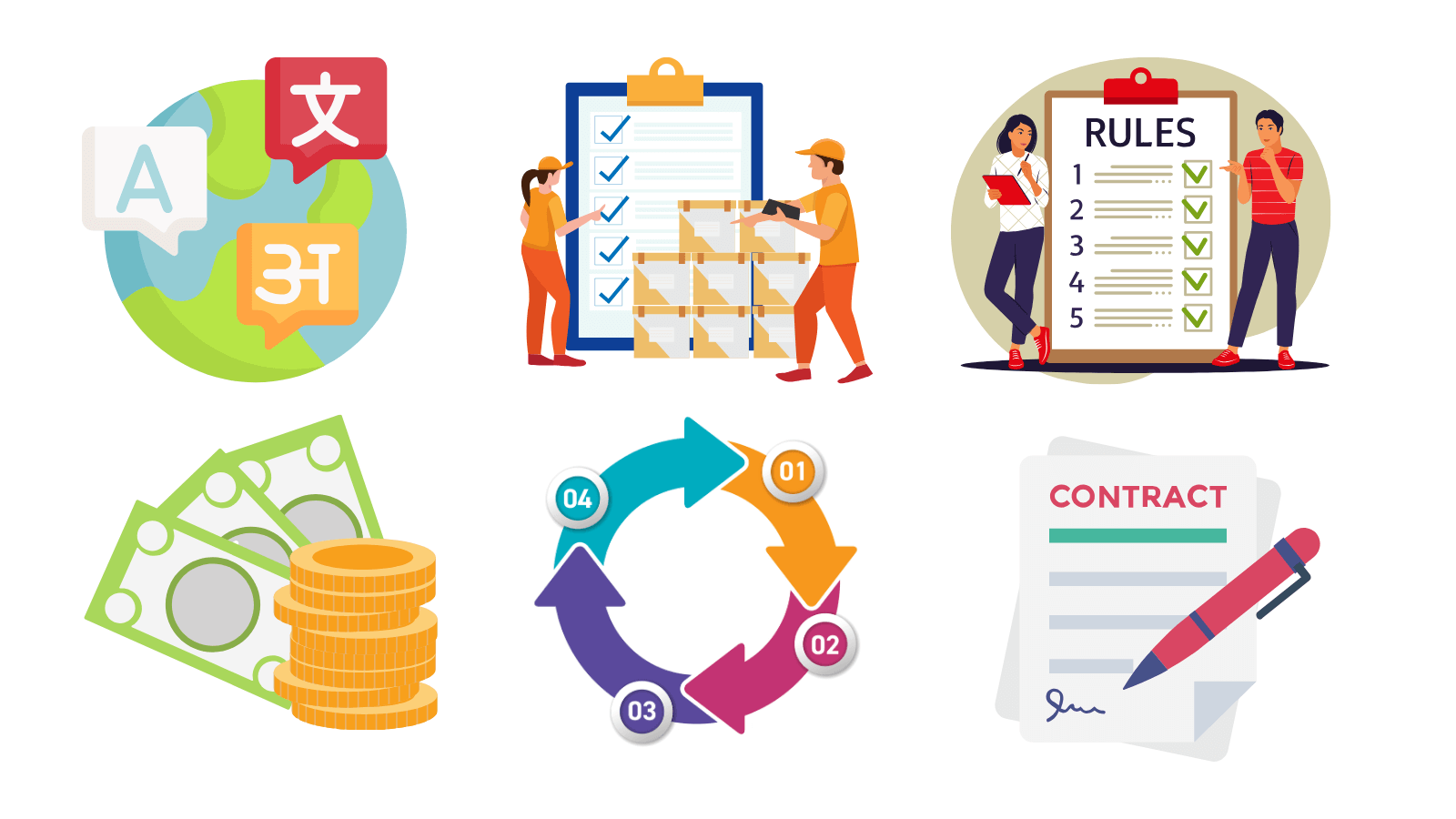
3) Market changes and trade rules
For every country, there are global purchasing rules. It is relevant for companies to stay up-to-date with the latest changes in the market rules. So, what works years ago may not work today. You have to weigh your options so your business will not be affected.
4) Currency and payment issues
Using international payment systems may be inconvenient for some buyers or entail high charges. It’s important to research the payment methods accepted by the supplier and consider the fees and exchange rates associated with each method.
5) Tedious Process
Global sourcing can sometimes be a tedious process. You may not fully understand all when partnering, dealing with, or collaborating with suppliers from different countries and cultures. You need to research or work with a sourcing company to have ease and understanding of the global sourcing supply chain.
6) Common mistakes
There are common mistakes a buyer can commit. One is not conducting research on a chosen supplier. This can result in working with unreliable suppliers that can cause problems for your business.
Another is not having a solid contract. This can also result in disagreements and disputes.
7. Tips for a Successful Global Sourcing
1) Choose countries with robust quality assurance systems
Choose countries with well-established regulatory bodies and quality control measures for the safety and efficacy of their products and services. It’s always a good idea to research and carefully evaluate the quality assurance systems of any country you plan to do business with or purchase products from.
2) Search for a company where the language and customs are workable
Though it will always be a hard challenge when there are language or cultural differences, choose a country where you can find communication options using English.
The same goes when choosing a sourcing company. It is safe to use the international language, so you can ensure you will get a better understanding and communicate with ease.
3) What are the visa conditions if you must visit the country?
The conditions for obtaining a visa when visiting other countries vary depending on the nation you plan to visit and your nationality.
Generally, you will need to provide things like proof of your business travel plans and some documents to show that you have enough funds to support yourself during your stay.
4) Do you know the laws and regulations in your area?
Global sourcing involves importing goods and services from other countries, so various laws and regulations must be followed. The specific rules and regulations will depend on the countries involved and the type of goods or services being sourced.
It’s important to research and stay up-to-date on the laws and regulations in the countries you are sourcing from and any international agreements or treaties that may impact your business.
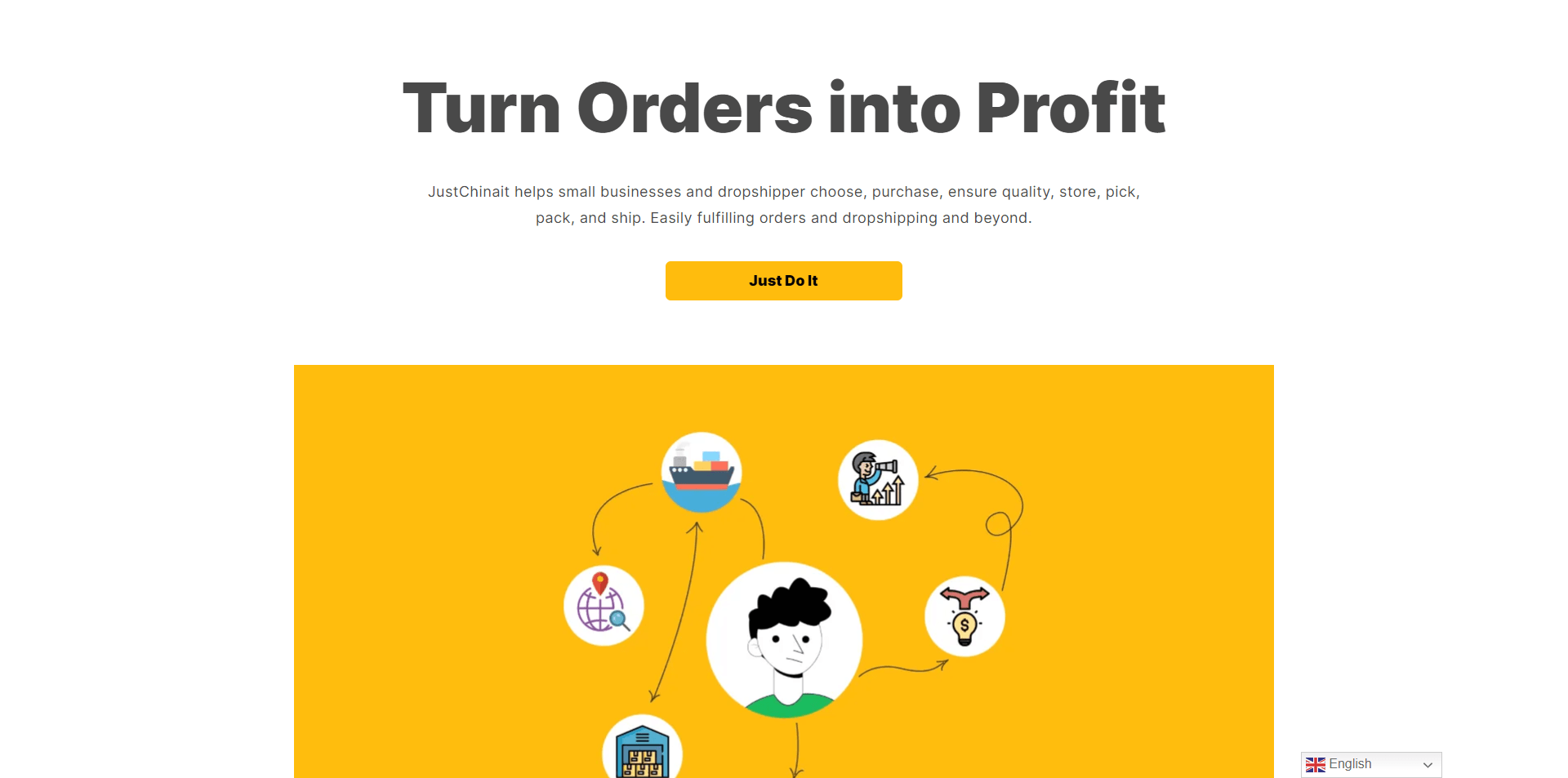
Working with a knowledgeable partner or consulting with a legal expert like JustChinaIt can also help ensure that you are in compliance with all applicable laws and regulations when engaging in global sourcing.
5) Make sure the global sources you are working with are trustworthy.
It’s always important to ensure that the global sources you work with are trustworthy. You must not just rely on all the information they provide. Doing so lets you do away with potential risks and make sound decisions.
8. FAQS
1) What is the future of global sourcing?
The future of global sourcing looks promising due to the increasing demand for cost-effective and excellent products and services. Technological advancements make it easier for businesses to connect with suppliers worldwide and efficiently manage their supply chain.
2) Give an example of a global sourcing strategy.
A global sourcing strategy involves identifying and procuring goods and services from suppliers located all around the world. The purpose is to leverage cost advantages, access to specialized resources, and supply diversification.
For example, a company based in the United States might decide to source raw materials from Asia. They manufacture the product in Europe and then distribute it in South America to exploit different cost structures and markets.
This approach helps the company to reduce costs, improve quality, and gain a competitive advantage in the global marketplace.
3) What is the risk of global sourcing and procurement?
Global sourcing and procurement involve several risks, including supply chain disruptions, quality issues, political instability, financial risks, and legal risks. Natural disasters, political unrest, or transportation disruptions can cause supply chain disruptions.
Quality issues can arise due to differences in product standards, cultural differences, or language barriers.
4) What is an example of global sourcing in the supply chain?
An example of global sourcing in the supply chain could be a company based in the United States that sources raw materials from China.
China is a big exporter of raw materials. What is it sourcing? It could be textiles, rubbers, beauty ingredients, food materials, etc. It involves global sourcing and procurement, where companies procure goods or services from suppliers in different countries.
Conclusion:
To sum it up, global sourcing definition is an effective strategy for businesses to find great products at the best price. It allows companies to save on costs, access the latest products, and get high-quality materials.
For a company, one of the primary goals of purchasing is to connect with suppliers worldwide and gain a competitive advantage in the market. Through global sourcing and procurement, companies can access a wider range of products and services, reduce costs, and get a partner supplier that will sustain and help grow their business.
Global sourcing in supply chain management involves identifying, evaluating, and engaging suppliers from different countries to obtain goods and services at the best possible value. It may be a complex process, but it will help companies compete globally in today’s marketplace.
The sourcing definition business understands may not be as detailed as this topic we presented. We hope you found it helpful when deciding whether to try global sourcing today. Let us know how we can be of help!
